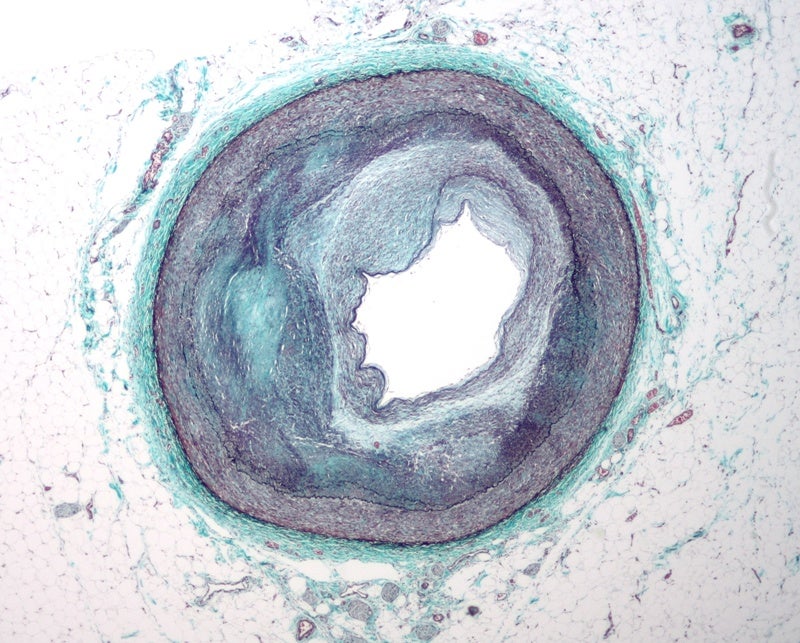
Verseon has started dosing in a Phase I clinical trial evaluating VE-1902 for the prevention of stroke and heart attack in patients with coronary artery disease (CAD).
VE-1902 is Verseon’s lead drug candidate for a new set of PRecision Oral AntiCoagulants (PROACs). Anticoagulants are commonly known as blood thinners and are used to avert stroke and venous thromboembolism.

Discover B2B Marketing That Performs
Combine business intelligence and editorial excellence to reach engaged professionals across 36 leading media platforms.
The Phase I trial will see Verseon aim to examine the safety, tolerability, and composite hemostatic profile of VE-1902.
Up to 120 healthy subjects are expected to be enrolled in the single-centre, double-blinded, randomised, placebo-controlled trial.
The trial will feature a single ascending dose phase with a food effect cohort, and a multiple ascending dose phase with seven-day repeat dosing.
Its secondary objective is to evaluate the pharmacokinetic and pharmacodynamic profiles of VE-1902.

US Tariffs are shifting - will you react or anticipate?
Don’t let policy changes catch you off guard. Stay proactive with real-time data and expert analysis.
By GlobalDataThe trial is being carried out at Nucleus Network in Melbourne, Australia, and is expected to provide results in the last quarter of this year.
Verseon Research and Development (R&D) vice-president Dr David Kita said: “PROACs have the potential to change the standard of care for millions of CAD patients who would benefit from long-term combination therapy with antiplatelet drugs.”
Verseon’s PROACs have demonstrated a combination of efficacy with lower bleeding in various preclinical studies.
PROACs have shown an ability to prevent blood clot formation without disrupting platelet function.
Results indicate that VE-1902 could be used as a safer alternative than currently available therapeutics when provided in combination with one or more antiplatelet agents.





